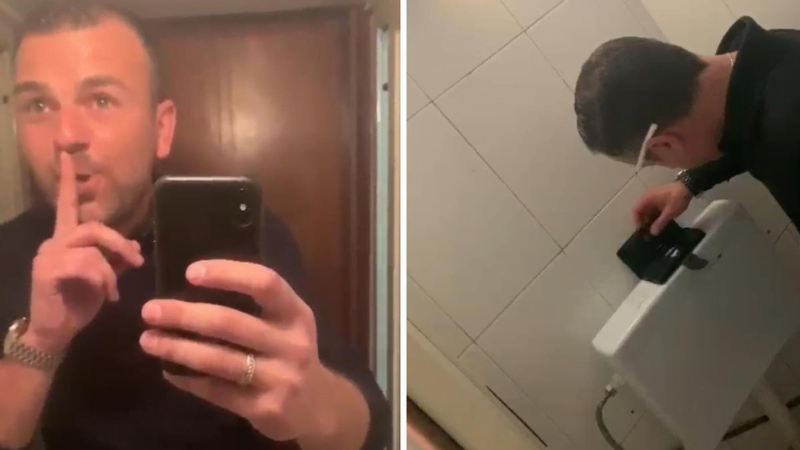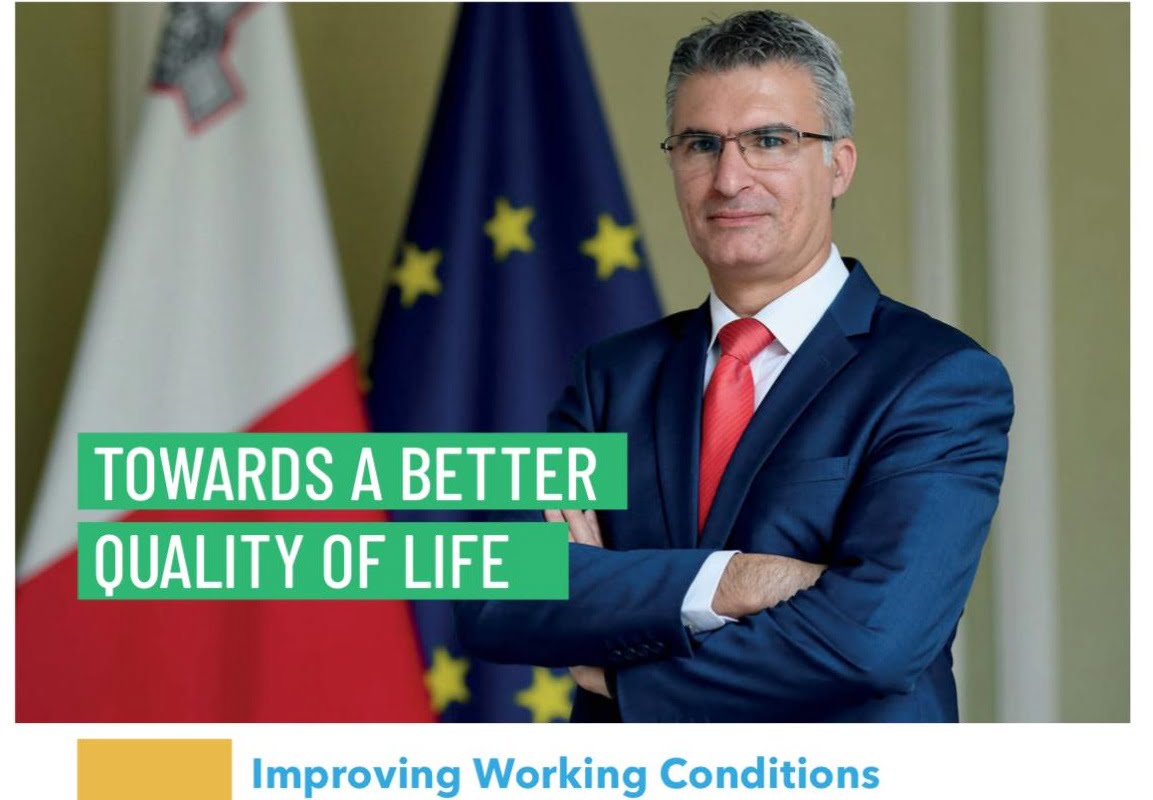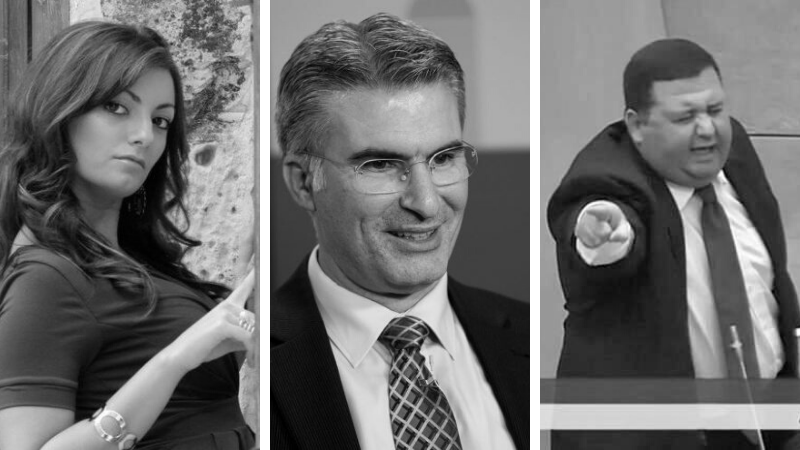Nuggets of disinformation by politicians and public figures are everywhere and we continue to encounter them daily in Malta’s public discourse in their many forms – whether they’re tweets, Facebook posts, speeches, op-eds or worrying degrees of amnesia. They occur so frequently that it is becoming increasingly challenging to keep up. So here at The Shift, we’ve decided to try something a little different.
We have listed some of those nuggets that have caught our attention over the last couple of weeks and which have made us question things such as timing, narratives, and, not infrequently, our own sanity. We will keep delivering these nuggets to you to hopefully provide some sanctuary.
A missed opportunity
Following the controversy that erupted after Italy won the Eurovision song contest and after the group’s singer was seen to be allegedly taking drugs, Malta’s national TV station, Television Malta, asked a forensic expert to explain for how long drugs remain detectable in the body. The expert explained clearly and concisely the different types of tests available and how results vary according to the type of drugs found in a person’s system.
Overall, it was a clear and informative explanation that would have served the public interest a lot better had the expert been called in to explain all this when a week or so prior to the Eurovision, Labour MP Rosianne Cutajar and her partner took drug tests in order to clear their names after a video featuring her partner in the presence of a man taking what appears to be cocaine, was shared over Whatsapp chats.

Rosianne Cutajar’s partner Daniel Farrugia with a third party in the video with what appears to be cocaine.
The art of the non-answer
It was a relief to see government whip Glenn Bedingfield take a well-earned break from attacking government critics or independent institutions to ask a series of parliamentary questions to a number of ministers about the numbers of plants and trees bought and planted within their respective ministries. Many replied by saying that the information was still being gathered but the Minister for Foreign and European Affairs Evarist Bartolo was especially thorough. In his reply, he listed dates, locations and the number and type of plants that were bought by his Ministry.
If only he had been as detailed in his reply to the parliamentary question put to him (a second time) by opposition MP Karol Aquilina who asked whether the minister could give a detailed breakdown of the number of trips that were made from Malta to Libya in order to deliver food and humanitarian aid to migrants detained in Libya between March and April 2020, including dates, the person or company that coordinated the trips and the names of the vessels.
Minister Bartolo deftly side-stepped the question by simply stating that “in terms of its resources, Malta is always ready to help wherever there are humanitarian challenges, not least in our neighbouring countries. Circumstances vary in each case”.
The irony was not lost
When reports surfaced that taxpayer funds were used to place bets in order to boost Malta’s entry to the Eurovision song contest, Minister Carmelo Abela is reported to have ordered an audit of expenditure into the annual contest.
This would have been very welcome news indeed, were it not for the minor detail that a report by the Standards Commissioner’s found minister Carmelo Abela to be prima facie in breach of ethical standards, after having spent €7,000 in taxpayer’s money to run promotional adverts ahead of an anticipated cabinet reshuffle. And undoubtedly it continues to be a detail that pales into insignificance against the backdrop of the rest of the allegations currently surrounding the increasingly beleaguered minister.

Not all trolling is the same
We’ve discovered the term “sealioning”. According to Merriam-Webster’s “words to watch” definition this is “a harassment tactic by which a participant in a debate or online discussion pesters the other participant with disingenuous questions under the guise of sincerity, hoping to erode the patience or goodwill of the target to the point where they appear unreasonable. Often, sealioning involves “asking for evidence for even basic claims”.
The term itself is not yet an official dictionary entry but its use is increasing just like the harassment method it is describing. With so much debate taking place on social media and in the comments section of articles, trolling methods are prone to adapt in order to be able to continue trolling. As more effort is put into weeding out clear examples of harassment and threats, disingenuous actions masked as an effort to engage in sincere and serious civil debate are a lot harder to spot and deal with but with a name and a definition, many will certainly recognise this tactic when they see it.













A welcome and necessary addition, considering the weekly and often daily corruption-cycle.
A scandal a day keeps investors away.
The muvument korrott has been putting us in a bad light since 2013.